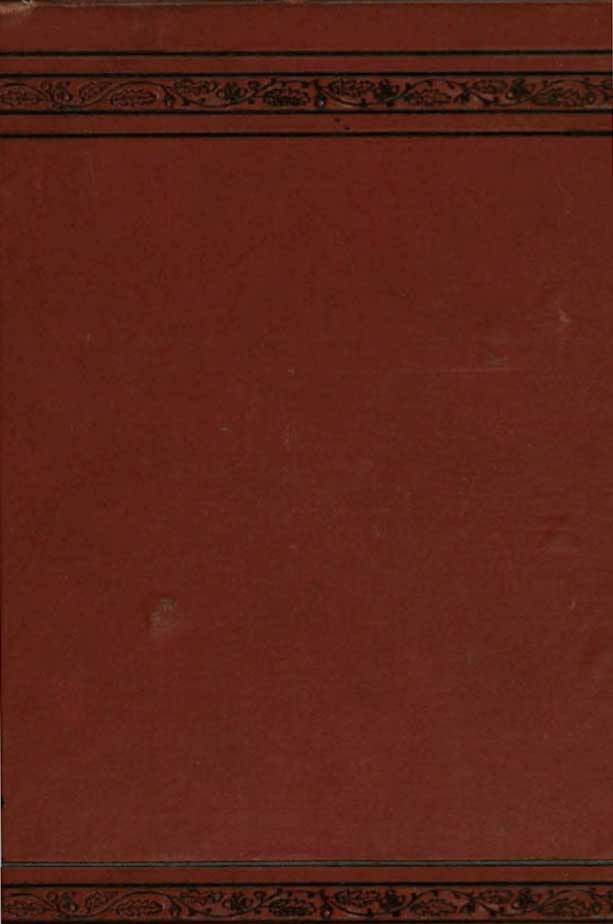God’s Way Is not Man’s Way

Cover of Daily Thoughts
Today's Devotional
God’s way is different from man’s way, but it is always best! Take, for instance, the composition of the Bible. If we had had the writing of the Bible, we would have said, “Let one man write it. If you have twenty or thirty men to write a poem, or make a statute, or write a history, or make an argument, there will be flaws and contradictions.” But God says, “Let not one man do it, but forty men shall do it.” And they did, differing enough to show there had been no collusion between them, but not contradicting each other on any important point, while they all wrote from their own standpoint and temperament; so that the matter-of-fact man has his Moses; the romantic nature his Ezekiel; the epigrammatic his Solomon; the warrior his Joshua; the sailor his Jonah; the loving his John; the logician his Paul. Instead of this Bible, which now I can lift in my hand....if it had been left to men to write, it would have been a thousand volumes, judging from the amount of ecclesiastical controversy which has arisen. God’s way is different from man’s, but it is best, infinitely best.
So it is in regard to the Christian’s life. If we had had the planning of a Christian’s life we would have said, “Let him have eighty years of sunshine, a fine house to live in; let his surroundings all be agreeable; let him have sound health; let no chill shiver through his limbs no pain ache his brow, or trouble shadow his soul.” I enjoy the prosperity of others so much, I would let every man have as much money as he wants, and roses for his children’s cheeks, and fountains of gladness glancing in their large round eyes. But that is not God’s way. It seems as if a man must be cut and hit and pounded just in proportion as he is useful.
About the author and the source
Rev. Thomas De Witt Talmage (1832–1902) was a famous 19th-century preacher, clergyman, author, and editor in both the Reformed and Presbyterian churches.
T. De Witt Talmage. Daily Thoughts, edited by J.V. D. Shurts. New York: Dodd and Mead, 1875.





